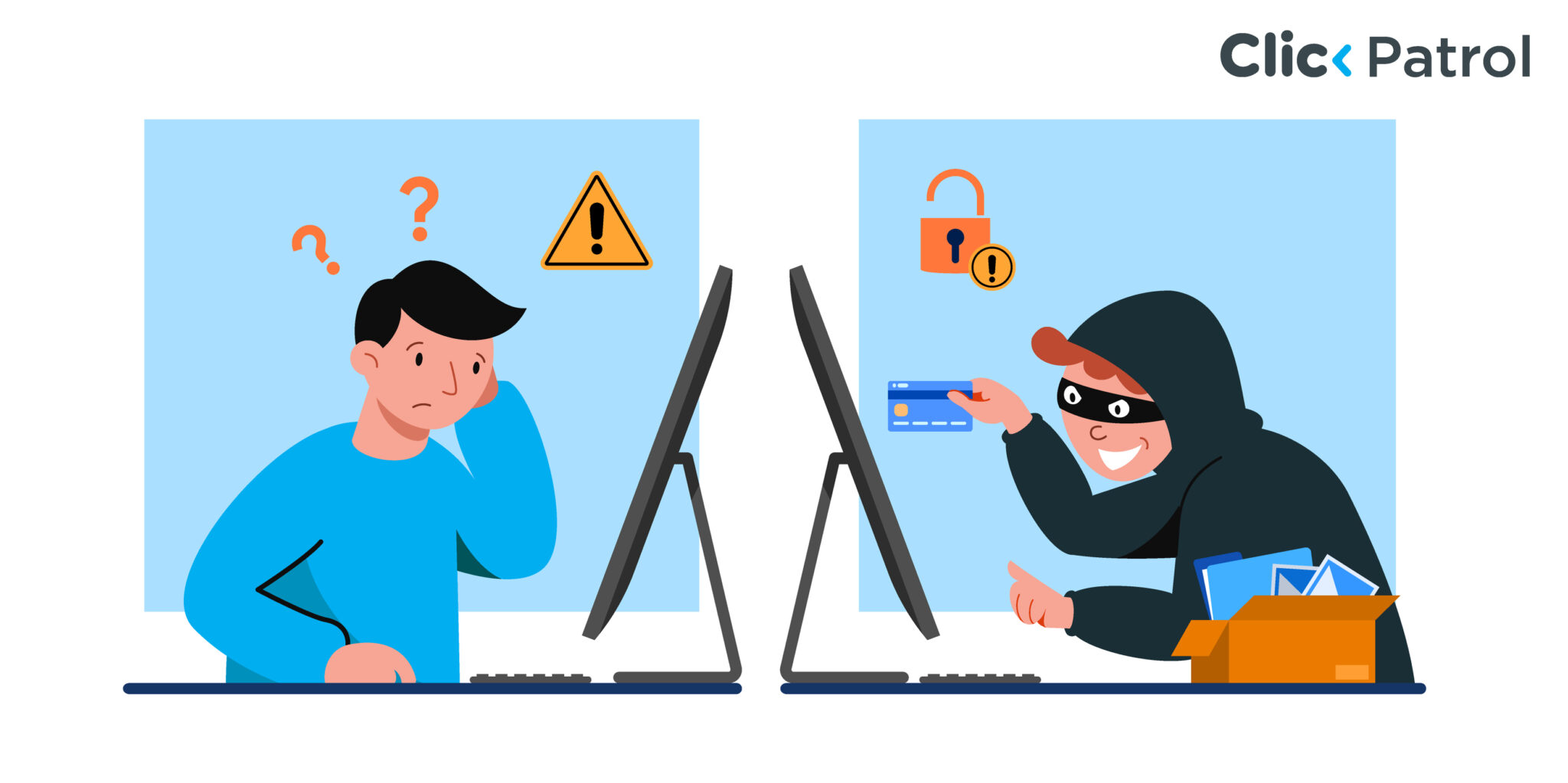
Unethical practices in sales, marketing, and tech
Abisola Tanzako | Jul 23, 2025

Table of Contents
Sales, marketing, and technology shape consumer choices, drive economies, and fuel innovation. However, unethical practices in these fields are widespread, often prioritizing profits over ethics.
A 2023 survey by the Edelman Trust Barometer found that 63% of consumers distrust marketing claims, while 68% are concerned about data privacy abuses by tech companies.
High-pressure sales tactics, deceptive advertising (such as greenwashing), and invasive surveillance can exploit customers and employees, leading to legal issues and reputational damage.
This article examines key unethical practices in sales, marketing, and technology, their consequences, and strategies for mitigation.
What are unethical practices in sales, marketing, and technology?
Unethical practices violate ethical principles, legal frameworks, and industry standards by prioritizing profits over integrity. In sales and marketing, this includes misleading statements and aggressive tactics.
Tech companies often breach data privacy laws and manipulate algorithms for profit. A 2023 Statista survey ranked SEO as the top marketing tool, but also highlighted the risks of unethical conduct.
Meanwhile, a Semrush report found that 67% of businesses utilize AI for SEO and content marketing, raising concerns about potential ethical manipulation.
Why ethical practices matter
Running an ethical business protects against penalties and builds long-term success. Ethical business practices foster trust, sustainability, and innovation. Trust is the foundation of customer loyalty:
- 66% of consumers prefer brands they trust (Better Business Bureau).
- Websites that use ethical SEO strategies tend to retain their rankings better (Semrush, 2023).
- Over 1 million websites use Matomo Analytics for privacy compliance (2024 Report).
Unethical practices in sales, marketing, and technology
Unethical practices in sales, marketing, and technology include the following:
1. Unethical practices in sales
Sales representatives are typically placed in high-pressure environments, focusing on achieving aggressive sales goals. Unfortunately, this can be fertile ground for unethical behavior. Below is an assessment of those issues:
- Misrepresentation of products or services: Salespersons who overpromise or misrepresent facts about a product can destroy consumer confidence and lead to legal action. For example, a 2023 Statista report revealed that online product descriptions deceive 55% of shoppers.
- High-pressure sales methods, such as high-pressure follow-ups and limited-time offers, prompt consumers to make impulsive purchases. As a result, nearly 49% of shoppers in a 2022 Salesforce survey reported regretting their purchases due to excessive pressure.
- Illegal use of customer data: In 2021, Gartner reported that 32% of worldwide organizations admitted to mishandling customer data for targeted sales purposes. This violates customers’ trust and violates privacy regulations, such as the GDPR.
- The exploitation of knowledge asymmetry: Salesmen withhold significant information about contracts or warranties, using their superior knowledge to exploit customers, especially those who are less informed.
2. Unethical practices in marketing
Marketing can shape public opinion, but unethical practices distort societal values and mislead the public. There are a few instances:
- False advertising and misleading statements: Volkswagen’s 2015 emissions scandal is a notable example. In it, the company made false claims that its diesel engines were environmentally friendly. The scandal cost Volkswagen more than $30 billion in fines and damages.
- Targeting vulnerable sections: Promotional activities often target economically weaker segments, such as the elderly or children. For instance, the practice of junk food advertising among kids, thereby driving the rate of obesity higher, has been decried by the American Psychological Association.
- Astroturfing (impersonal social proof): Creating bogus reviews or testimonials deceives prospective consumers. BrightLocal reports that over 79% of shoppers have encountered fabricated reviews while shopping online.
- Greenwashing: Many companies falsely claim to be sustainable or environmentally friendly. The Global Ecolabelling Network estimates that around 40% of “green” company claims are unfounded.
3. Unethical practices in technology
Technology has revolutionized industries, but its misuse is a growing concern. The following are some important examples:
- Violations of data privacy: As the world is becoming increasingly digital, people’s data is easily misused without their consent. The Cambridge Analytica scandal exposed that the information of 87 million Facebook users had been exploited for political purposes.
Algorithmic discrimination has led to the disparate treatment of specific groups of people. A 2022 MIT study found that facial recognition algorithms are 34% less accurate for darker-skinned women than for lighter-skinned men. - Planned obsolescence: Technology companies, such as Apple, have been accused of designing products with limited lifetimes to engineer sales. In 2020, a French lawsuit fined €25 million for failing to remind customers that software updates were slowing down older iPhones.
- Lack of vigilance in cybersecurity: Companies failing to protect sensitive data lead to costly breaches. IBM reported in 2023 that the average cost of a worldwide data breach was $4.45 million.
The broader impact of unethical practices
Unethical sales, marketing, and technology practices have long-term implications, including:
- Erosion of consumer confidence: A decline in customer confidence can lead to churn, which can ultimately harm companies over time.
- Legal and monetary consequences: Failure to adhere to ethical standards and legislation could result in fines, lawsuits, and a loss of reputation.
- Social inequality leads to manipulative behaviors, negatively impacting mostly disadvantaged communities and thus exacerbating social and economic inequalities.
- Environmental damage: Planned obsolescence, along with other practices such as greenwashing, creates both environmental devastation and worldwide waste problems.
How to mitigate unethical practices
While the hurdles are significant, there are steps that businesses and regulators can take in practice to promote ethical behavior:
- Establish clear ethical standards: Businesses should have well-defined standards and hold their workers accountable for compliance.
- Use AI ethically: Ethical AI practices should aim to eliminate bias, enhance security, and respect user privacy.
- Promote consumer awareness: Making consumers aware of their rights increases their ability to identify and avoid being victims of unfair means.
- Strengthen regulation: Governments and global institutions must establish rigorous laws that deter disapproved conduct within business operations.
- Encourage corporate transparency: Companies should disclose policies, sourcing methods, and data usage to build public trust.
- Foster an ethical work culture: Organizations should train employees on ethics and create environments where integrity is valued.
The importance of ethical practices for sustainable success
Unethical business practices may yield short-term gains, but they ultimately erode trust, invite legal trouble, and hurt long-term profitability.
With ad fraud costing businesses $120 billion annually and companies facing severe penalties for deceptive strategies, the risks are undeniable. In contrast, ethical practices centered on transparency, compliance, and consumer value lead to lasting success.
Companies prioritizing integrity build stronger reputations, attract loyal customers, and gain a competitive edge. Ethical leadership fosters a positive work culture, drawing top talent and increasing employee retention.
In today’s market, where trust is a key currency, businesses that uphold ethical standards comply with regulations and future-proof their success.
FAQs
Q. 1 What is the biggest challenge in combating unethical practices?
The biggest challenge is the conflict between short-term profits and long-term ethics. Many businesses prioritize immediate gains over sustainability.
Q. 2 How can customers protect themselves?
Consumers should research products, read verified reviews, and be cautious of high-pressure sales tactics.
Q. 3 Are companies held accountable for unethical actions?
Yes, through fines, lawsuits, and regulatory actions, though enforcement varies by region.
Q. 4 How does technology impact ethical challenges?
Technology can both amplify and mitigate ethical risks. AI and blockchain can enhance transparency and accountability.
Q. 5 Why is ethics important in business?
Ethical practices build trust, loyalty, employee morale, and long-term growth.





